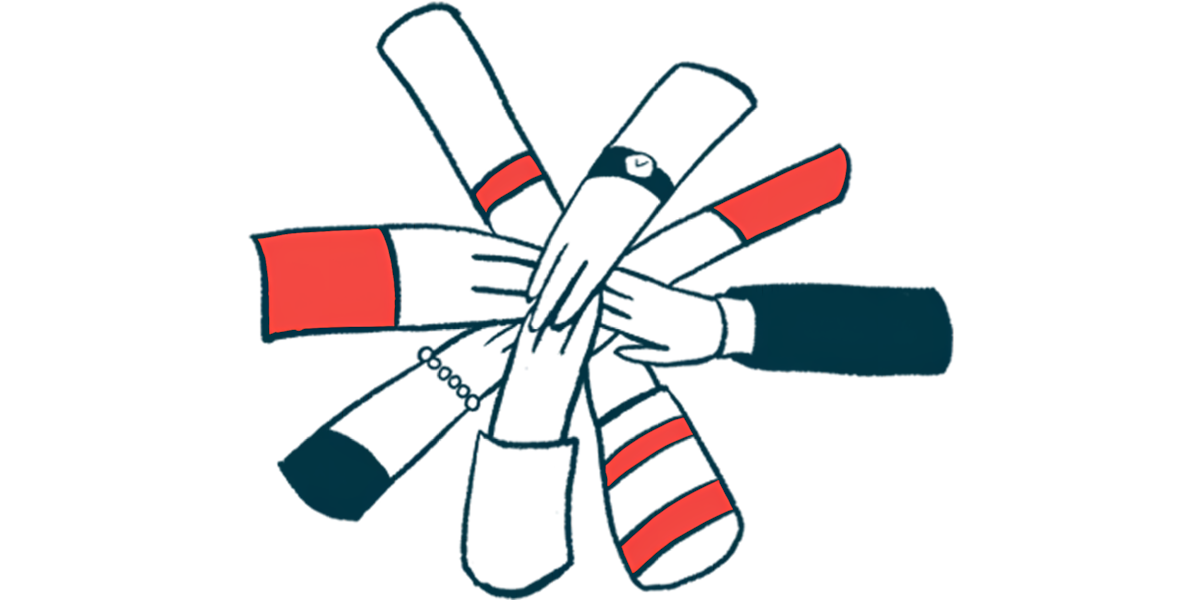Sobi, Sanofi make new donation of clotting factor to WFH aid program
Renewal will ensure continued delivery of treatment to developing countries
Written by |

Sobi and Sanofi’s philanthropic organization, Foundation S, have announced an additional donation of up to 100 million international units (IUs) of clotting factor treatment to support the World Federation of Hemophilia (WFH) Humanitarian Aid Program.
This is the second renewal of the 10-year partnership that will continue to enable the WFH to deliver clotting factor treatments to people with hemophilia in developing countries who have limited access to medicine.
Fulfilling a 2014 pledge, the two companies donated 1 billion IUs — a unit that measures the amount of medicine based on its biological activity — to help more than 22,219 people with inherited bleeding disorders. Along with more medicine donations, Sobi and Sanofi will continue to financially support other initiatives for up to another five years.
“The contributions of Sanofi and Sobi to the WFH Humanitarian Aid Program can’t be overstated — and especially in the last 10 years after they answered the WFH call to action,” Cesar Garrido, WFH president, said in a press release. “This new five-year contract will continue that legacy of support for the global inherited bleeding disorders community and it will help us get closer to our shared vision of treatment for all.”
Hemophilia is a group of bleeding disorders wherein a person’s blood is not able to clot properly, resulting in easy and prolonged bleeding. The condition usually caused by genetic mutations that impair the production or function of proteins called clotting factors, which normally work to help form blood clots to prevent excessive bleeding.
Replacement therapy is the gold standard treatment for hemophilia, which generally involves supplying the patient with a lab-made version of the missing clotting factor.
Limited access to hemophilia care
However, people in developing countries have little to no access to diagnosis or treatment, limited access to treatment centers, and a lack of expert care. Without adequate treatment, many people born with severe hemophilia don’t live to adulthood, but people in developed countries who are diagnosed and start treatment as children generally have a life expectancy that’s similar to the general population’s.
“Since the initial pledge, over 22,000 people with hemophilia have been treated with factor donated by Sobi and Sanofi,” said Lydia Abad-Franch, MD, head of R&D and chief medical officer at Sobi. “We are thrilled to continue our partnership with the WFH and look forward to the positive impact it will have on the lives of those affected by inherited bleeding disorders.”
The WFH Humanitarian Aid Program provides a more predictable and sustainable flow of humanitarian aid to people living with bleeding disorders in developing countries, ensuring they receive consistent and reliable access to treatment and care. It’s supported by Sanofi and Sobi, as well as other companies, including Bayer, CSL Behring, Roche, Grifols, and Takeda.
“This new agreement reaffirms Sanofi and Sobi’s dedication to creating a predictable, sustainable program that addresses unmet needs and advances the standard of care for hemophilia worldwide,” said Alaa Hamed, MD, global head of medical affairs of rare diseases at Sanofi. “We are proud to leverage the Foundation S expertise and continue providing essential treatments and with this renewal ensuring improvement to the quality of life for thousands of individuals in developing countries for years to come.”


